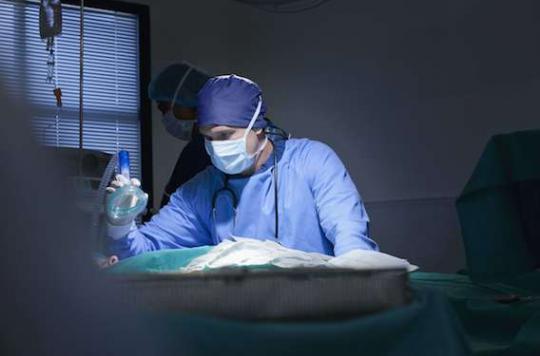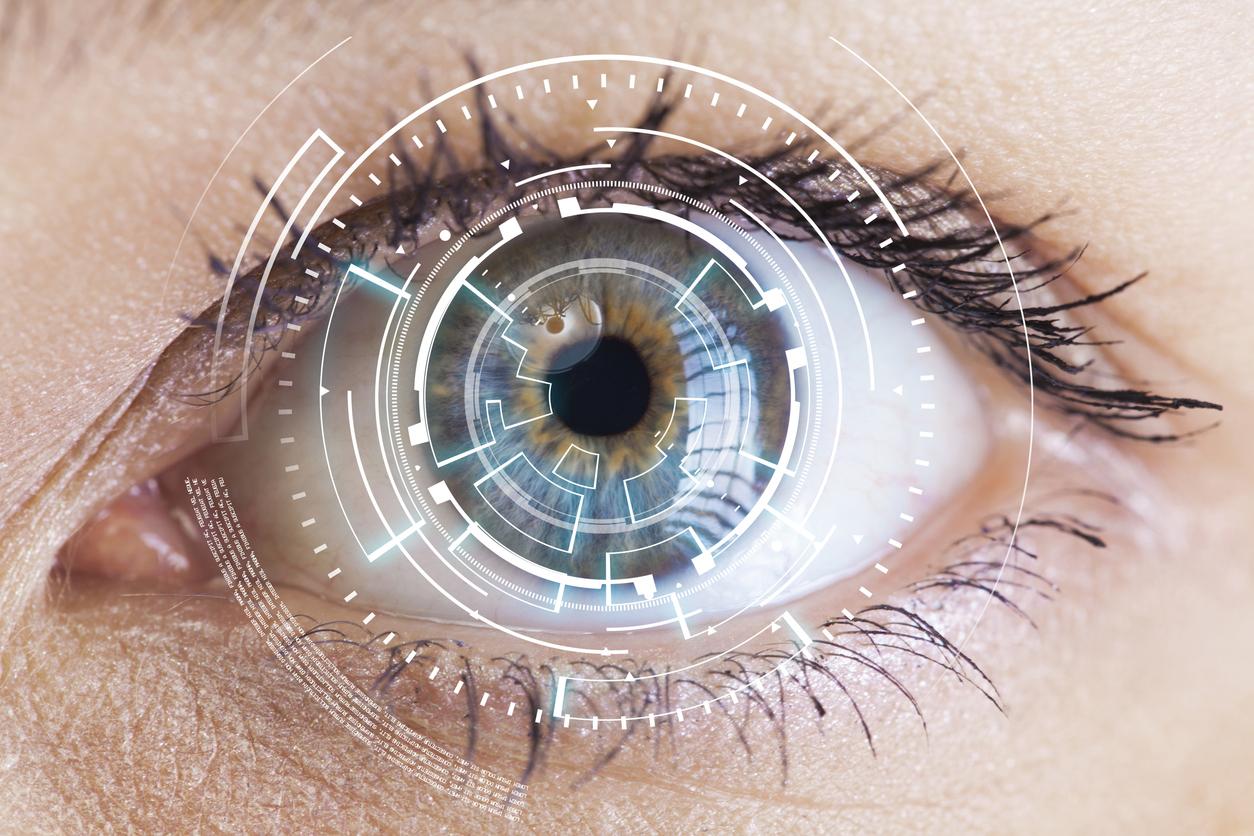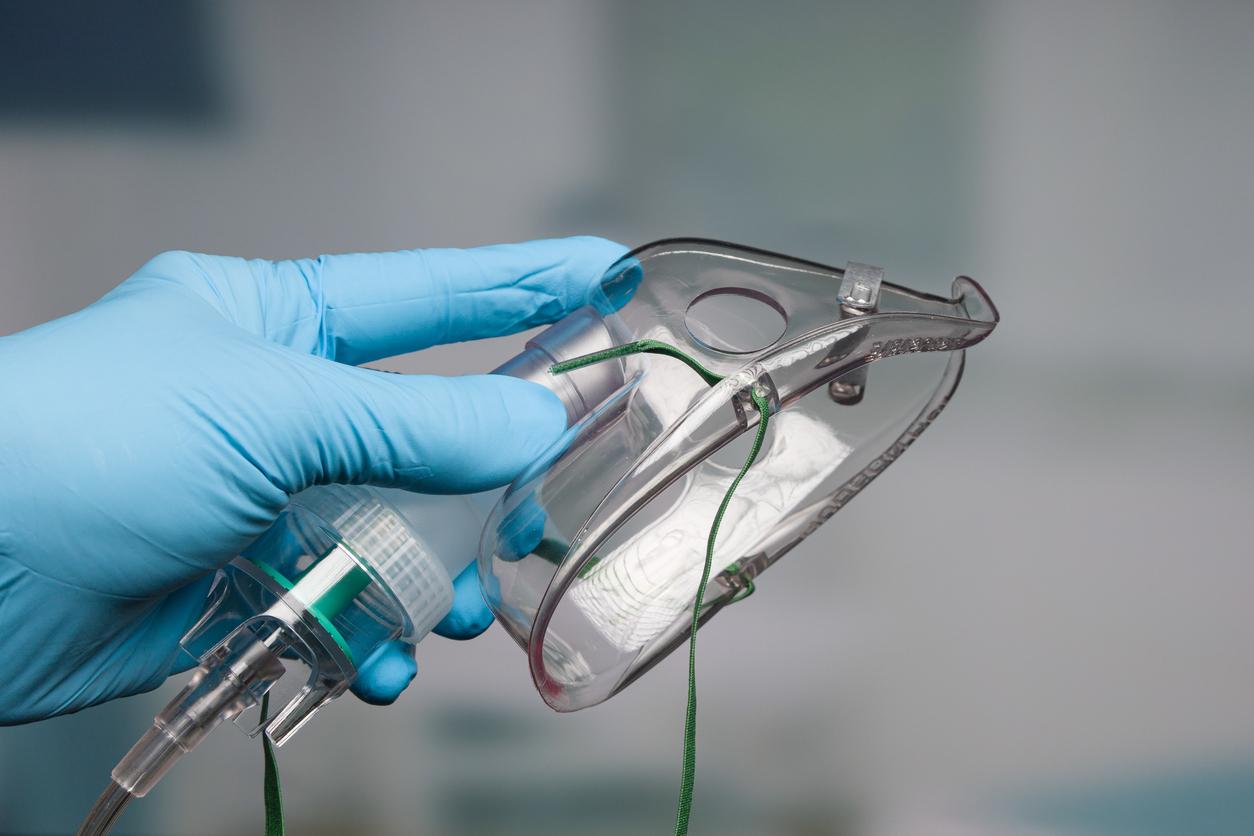Applying an oxygen mask to patients who have a stroke may be effective. In mice, this method avoids neuronal sequelae and sensorimotor deficits.

Stroke has serious consequences. 3 out of 4 people have permanent sequelae, despite treatments that allow rapid restoration of blood circulation in the brain. But to date, no method has succeeded in preserving tissue damaged by oxygen deprivation. A team from Inserm (National Institute for Health and Medical Research) may have found the solution to this problem. It presents in Brain the results of a study conducted in mice. His tool: an oxygen mask.
The animals were placed in a situation mimicking a particular model of stroke: spontaneous restoration of blood flow to the brain (early spontaneous reperfusion). Half of them were left as they were, since their situation was no longer a problem. The other half benefited from the approach tested by Inserm researchers: the simple fitting of an oxygen mask at normal pressure.
From transport by ambulance
Compared to untreated mice, the latter showed a real improvement in tissue on MRI. The treatment almost completely prevents the loss of neurons, and avoids all sensorimotor deficits. The most frequent sequelae of a stroke are precisely hemiplegia and aphasia.
“This work is also of great value for its transposition to humans because the treatment consists of a simple oxygen cylinder and a light face mask. This treatment would therefore be very easy to implement in patients with stroke, as soon as they are transported by ambulance, believes Jean-Claude Baron, who signs this work. It would also be possible to implement it at home, before the arrival of help, in patients at high risk of stroke, thanks to minimal training of the patient and his spouse. “
In France, a stroke occurs every four minutes. While current treatments restore blood flow to the blocked artery, they only save tissue that is still viable. The consequences are heavy for the patients. After such an incident, 25% never resume professional activity, and as many suffer from depression.
Stroke: The oxygen mask upon transport to the hospital, a way to avoid neuronal sequelae https://t.co/ER6qVcGz89 #health
– Pourquoidocteur (@Pourquoidocteur) January 16, 2016
.















